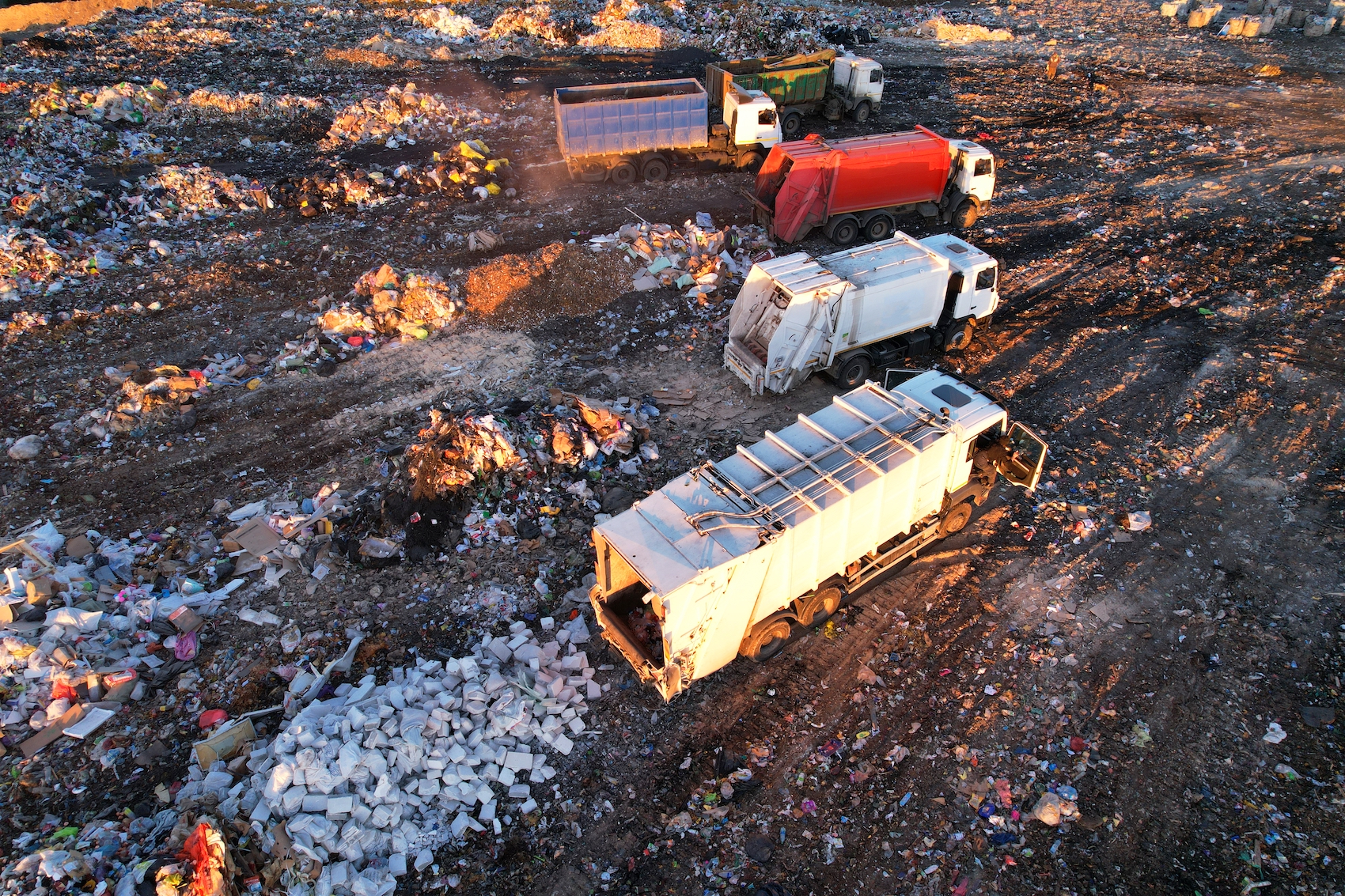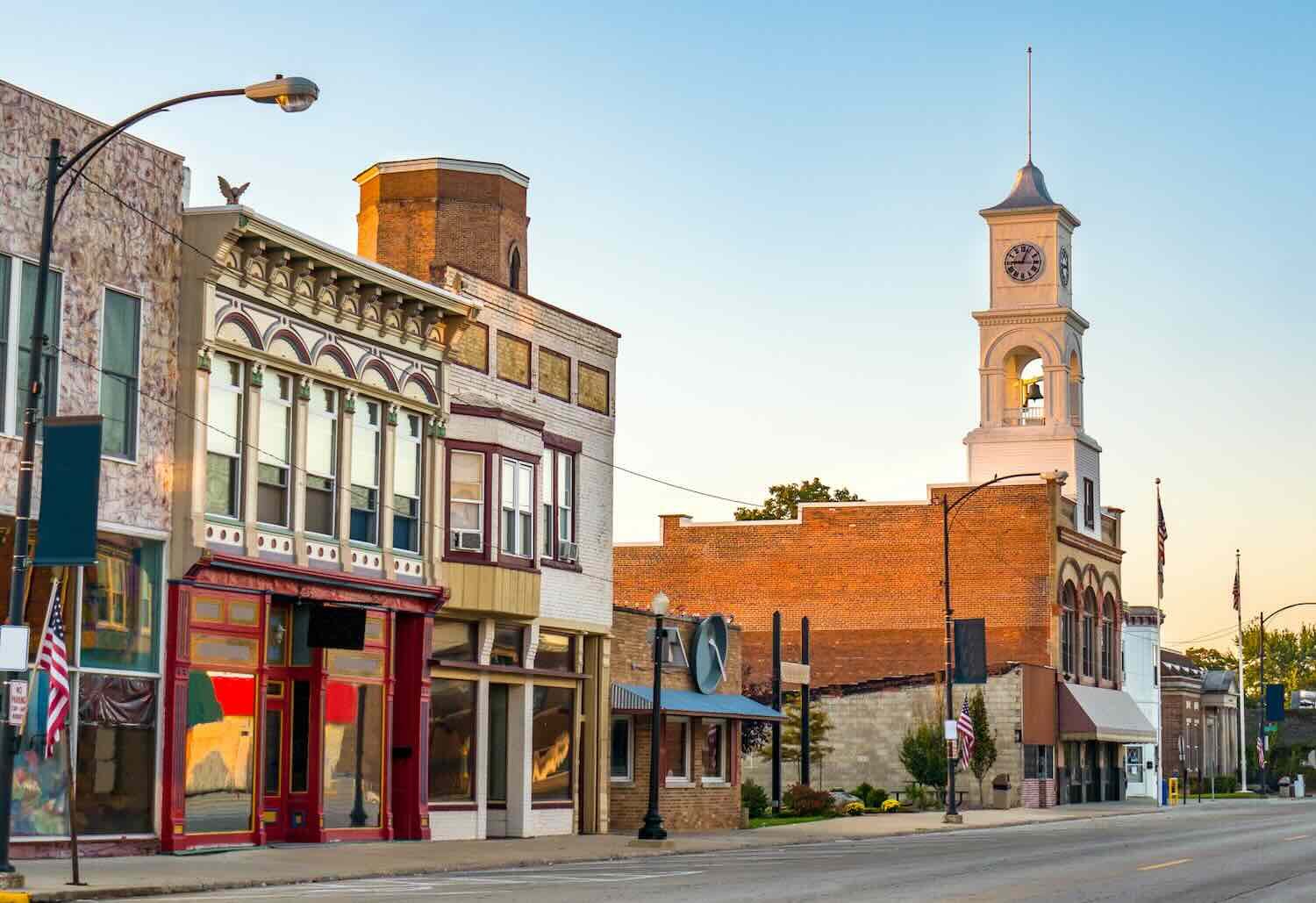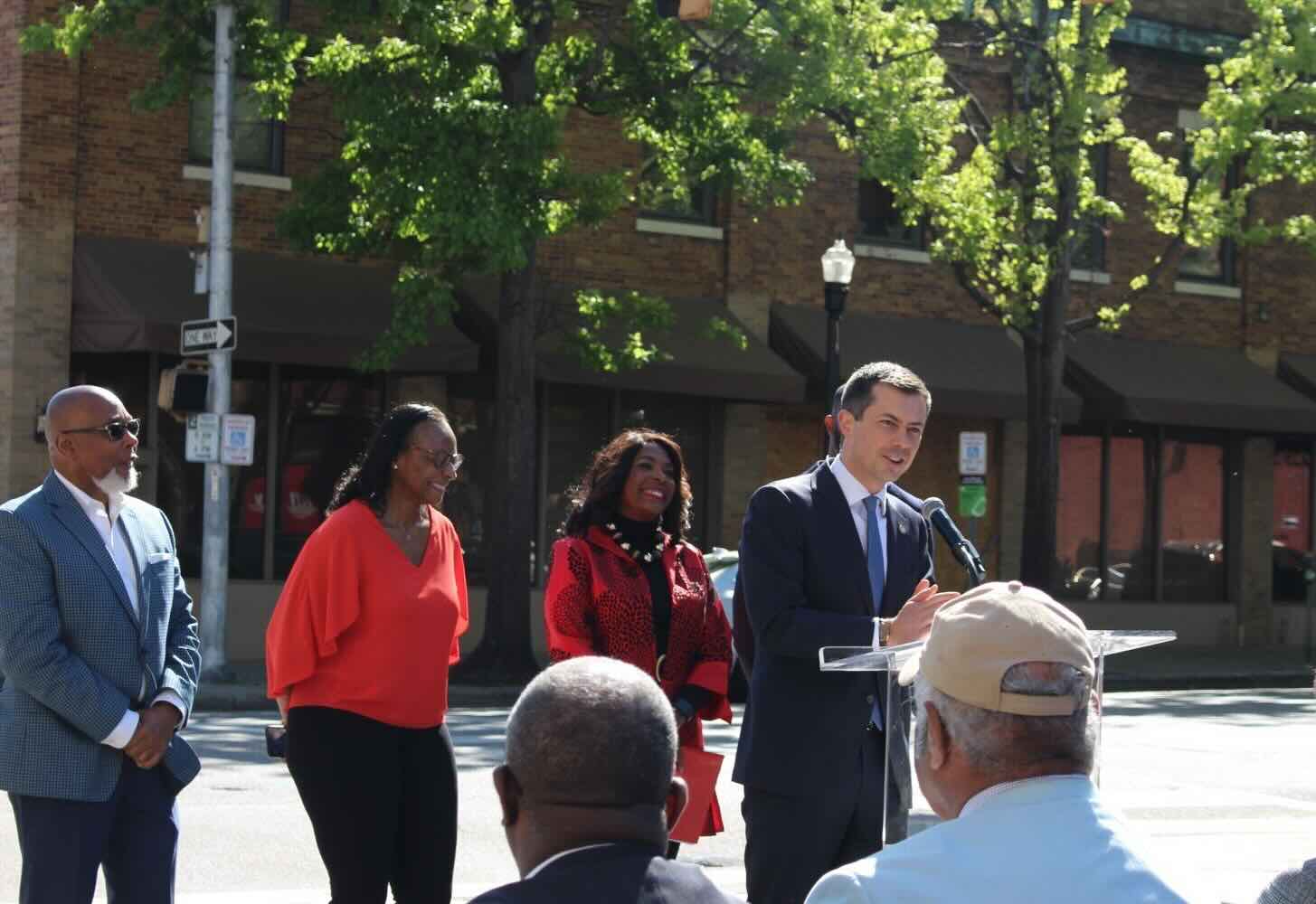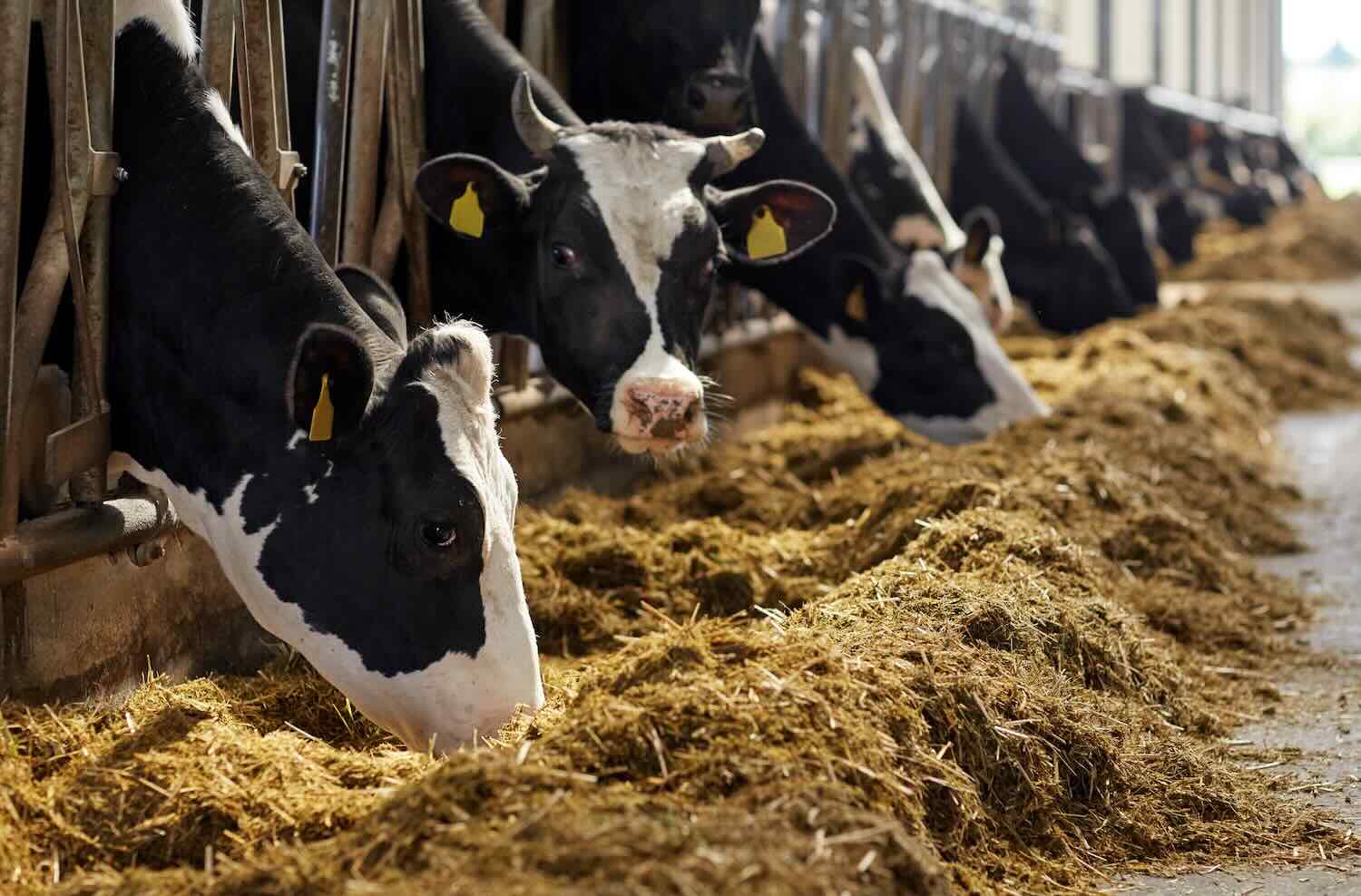ImpactAlpha, Dec. 15 – Commercial and catalytic investors poured $5 billion this year into technology and tools to reduce food waste, and are mobilizing to invest more. The goal: halving food waste by 2030.
In the U.S., more than one-third of all food in the U.S. ends up unsold or uneaten. Uneaten food is the number one product entering landfills, where it can produce methane, a greenhouse gas 80 times more potent than carbon dioxide. “The good news is that the problem of food waste is eminently solvable – it’s literally low-hanging fruit,” writes Jesse Fink, co-founder of Priceline and MissionPoint Partners and founder of the food waste nonprofit ReFED, in a guest post on ImpactAlpha.
ReFED estimates that $3 billion a year in catalytic capital – grants, impact-first investments and low- to no-interest rate loans – can crowd in the additional $11 billion needed annually to reduce food waste by 50%.
Co-benefits
For companies, better management of food waste is a way to cut costs and generate revenue. For communities, it produces better health and good jobs.
This year’s investment boom has pushed valuations of imperfect foods distributor Misfits Market and edible coatings company Apeel north of $2 billion. Other hot sectors include cold chains (Lineage Logistics), demand planning (Shelf Engine), re- and up-cyling (Bioenergy Devco), shelf-life extension (Hazel Technologies), food rescue (Goodr) and markdown apps (Too Good To Go), according to data from ReFED. Average deal size jumped from $30 million to $60 million.
“It’s a whole category we’re very excited about,” says Allison Shapiro of Closed Loop Partners, which has made eight food-waste investments.
Shovel-ready
Food businesses are using advanced technologies like hyperspectral imaging to manage production and distribution. Low-tech solutions, like buying a giant freezer or new delivery truck for a local food bank, can spur immediate results, says Fink.
“Many of them are ‘shovel-ready,’ just needing implementation rather than invention to reap big benefits,” he says. ReFED, with Upcycled Food Association, have launched the Food Waste Funder Circle to identify dealflow and mobilize capital.
Along with Closed Loop, members include Circulate Capital, Trailhead Capital and Green Circle Capital, along with Crown Family Philanthropies and The Kroger Co. Zero Hunger | Zero Waste Foundation.











